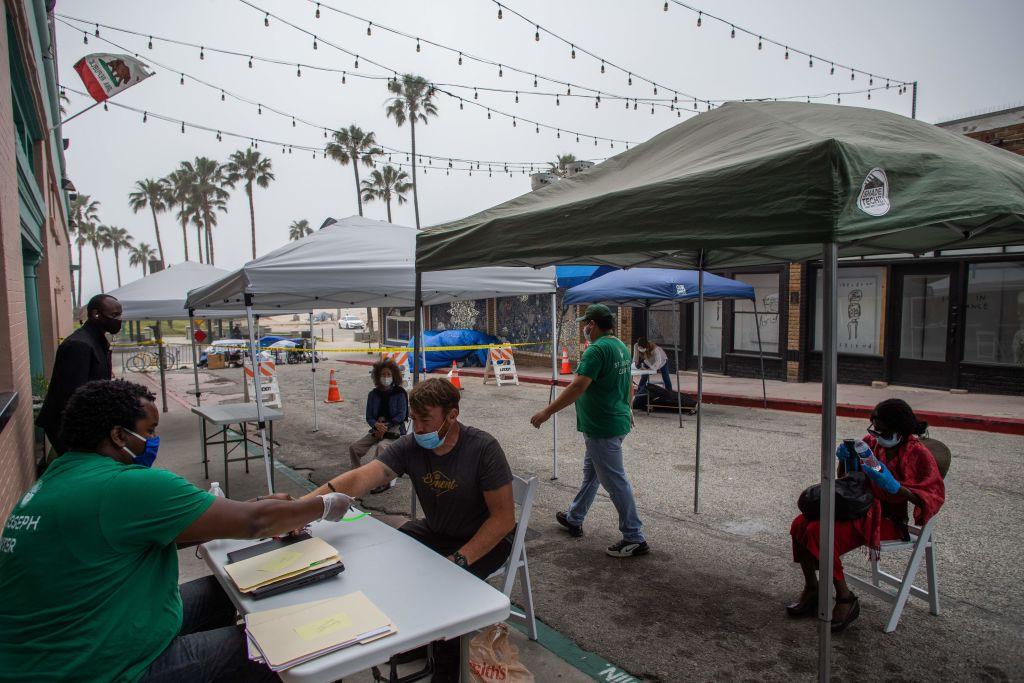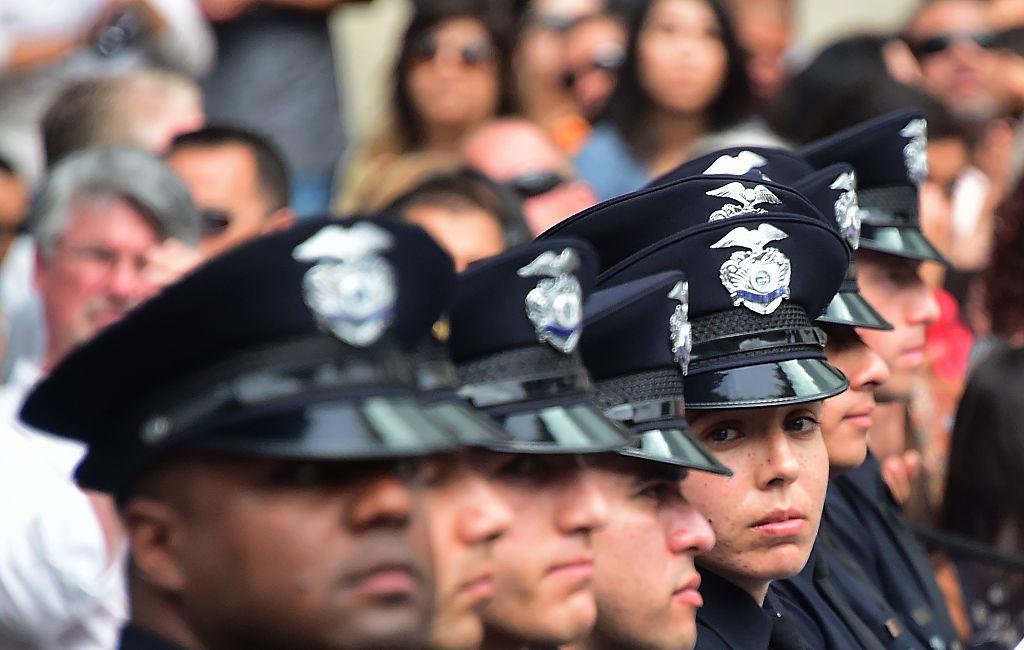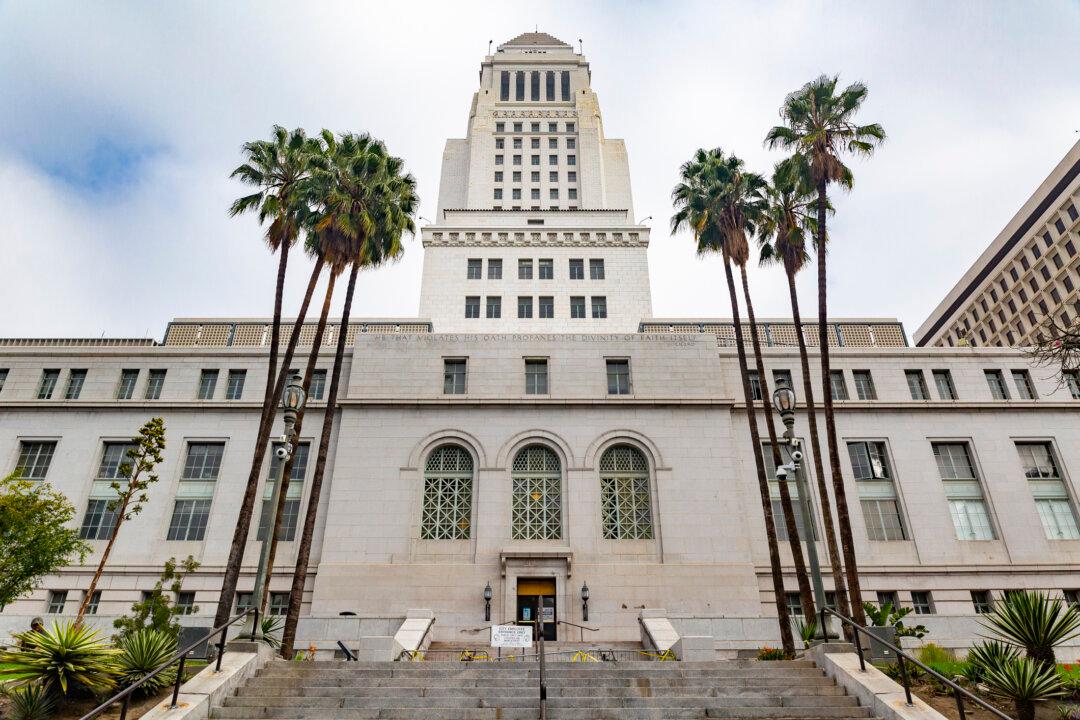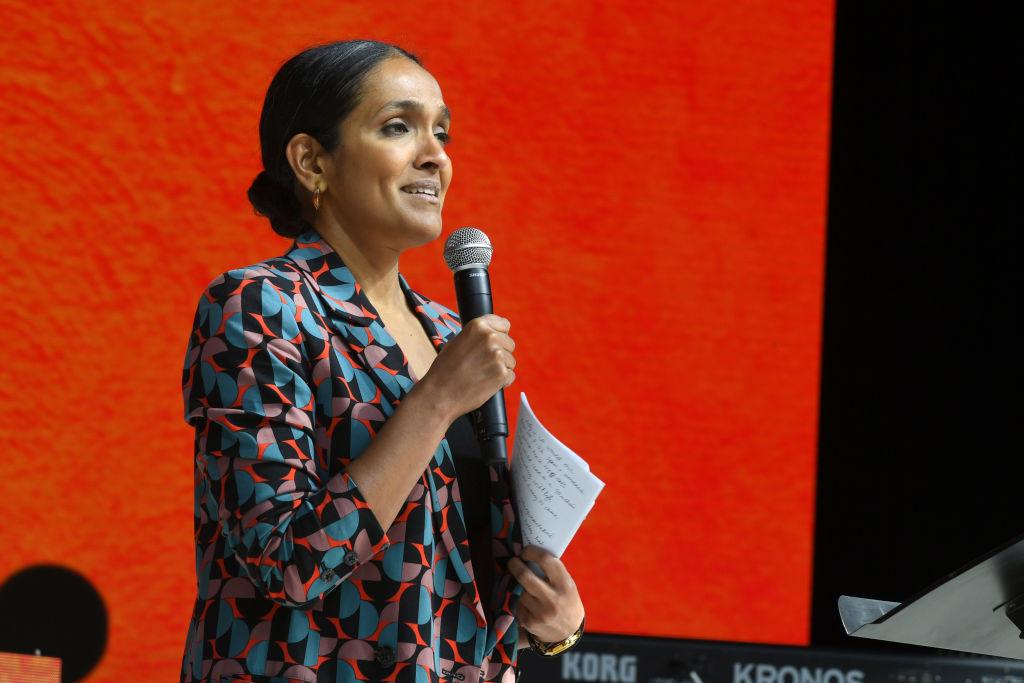After two years of Project Roomkey—a temporary emergency housing placement for the homeless in hotels during the COVID-19 pandemic—the Los Angeles City Council is calling for an end to the program.
The council voted 11–0 Aug. 26 to approve $2.9 million to pay for closing the city’s remaining Project Roomkey sites along with emergency housing vouchers—after the city’s Homelessness and Poverty Committee voted the day before to propose recommendations to the council about ending the program. The Los Angeles Homeless Services Authority (LAHSA)—the leading provider in the county—originally requested $6.1 million for the demobilization process.





